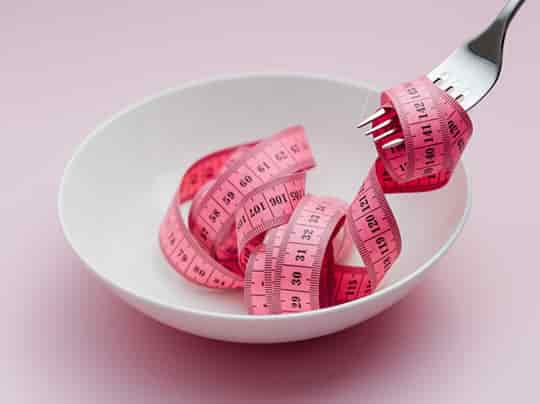People taking the supplement show reduced activity in brain regions vital to food cravings.
A range of different supplements have been linked to increased weight loss.
One of these is a type natural fibre called inulin.
Inulin, which can quadruple weight loss according to one study, is found in foods like onions, leeks, bananas and wheat.
Inulin supplements can be added to the diet by mixing into normal foods, such as bread or smoothies.
An inulin supplement works by decreasing cravings for high-calorie foods.
People in the present study ate 14 percent less, on average, after taking the supplement.
It also helps to enhance the signals to stop eating sent from the gut to the brain.
People taking inulin show reduced activity in brain regions vital to food cravings, scans have shown.
The latest research on weight loss has linked inulin to a fatty acid called propionate.
Propionate is produced naturally by the gut when dietary fibre is fermented.
For the present study, people took an inulin-propionate ester.
The results showed that it reduced appetite, reduced intake of calories and helped people maintain their weight, rather than putting on more.
The supplement also reduced belly and liver fat in people who took it.
Professor Gary Frost, who led the study, said:
“We know that adults gain between 0.3 and 0.8 kilos a year on average, and there’s a real need for new strategies that can prevent this.
Molecules like propionate stimulate the release of gut hormones that control appetite, but you need to eat huge amounts of fibre to achieve a strong effect.
We wanted to find a more efficient way to deliver propionate to the gut.
This small, proof-of-principle study shows encouraging signs that supplementing one’s diet with the ingredient we’ve developed prevents weight gain in overweight people.
You need to eat it regularly to have an effect.
We’re exploring what kinds of foods it could be added to, but something like bread or fruit smoothies might work well.”
The study was published in the journal Gut (Chambers et al., 2014).

